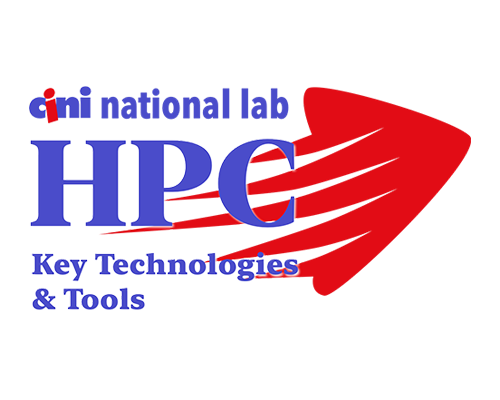The NVIDIA AI Technology Center (NVAITC) is a program to enable and accelerate AI research projects in Italy, focusing expertise and resources on specific research projects. The program is a national-level collaboration centred around project-based collaborations with institutions within the CINI network and fosters the collaboration of the Italian Computing Facility, CINECA. It aims at enabling academic institutions at all levels to conduct their research more efficiently by collaborating into research projects, training students, nurturing startups and spreading adoption of the latest AI technology throughout Italy. Example areas of contribution include:
· Adoption of DL/ML frameworks (NVIDIA heavily contributes to DL frameworks development).
· Technology selection and optimization (efficient data loading, mixed-precision, inference).
· Model architectural choices.
· Contribution to software development.
· Performance optimization and tuning through profiling.
· Workload scaling on multi GPUs/nodes.
· Discussion on research studies.
· Training.
· Support to access HPC resources.
In order to participate to the program and receive support, interested PIs can submit a proposal using this template [1] via email. The local engineers (Giuseppe Fiameni and Andrea Pilzer) can be contacted for any input, suggestion, or advice before submitting it. PI is typically contacted back for clarification and SoW settlement after submission. Proposals are reviewed with the help of fellow NVAITC engineers on a first-come-first-serve basis. The review takes a couple of weeks.
Evaluation is based on NVAITC criteria (target publication, technology stack and computing scale), rules of engagement (compact timeline, no compute, no funding, etc) and shared realistic expectations (an agreed-upon SoW). This “call for proposals” remains open as long as the program has the capacity to handle projects.
Conversely, access to computational resources is handled separately by CINECA via the ISCRA/PRACE programs (iscra link, prace link).
Scientific Advisory Board
|
Daniele Nardi |
UNIROMA1 |
|
|
Carlo Sansone |
UNINA |
|
|
Giovanni Farinella |
UNICT |
|
|
Marco Ferretti |
UNIPV |
|
|
Marco Bertini |
UNIFI |
marco.bertini@unifi.it |
|
Tatiana Tommasi |
POLITO |
tatiana.tommasi@polito.it |
|
Paolo Cignoni |
ISTI-CNR |
paolo.cignoni@isti.cnr.it |
|
Frédéric Parienté |
NVIDIA |
|
|
Luca Oliva |
NVIDIA |
|
|
Sergio Orlandini |
CINECA |
[1] NVAITC EMEA Project Proposal Template
AI Webinar Series on Deep Learning for CINI AIIS Labs - June 29th/July 3rd 2020
The goal of this webinar series is to explore the fundamentals of deep learning by building and training neural networks, optimizing data loading and performance through mixed-precision and parallelization, and deploying your trained model in production for inference. You will learn how to design, train, optimize, profile and deploy a deep neural network using NVIDIA technologies. Each session is split.
|
Date |
Topic and slides |
|
|
Session 0 |
||
|
Session 1 |
Convolutional Neural Networks (from slide 45) - Christian Hundt |
|
|
Session 2 |
||
|
Session 3 |
||
|
Session 4 |
||
|
Session 5 |
||
|
Session 6 |




